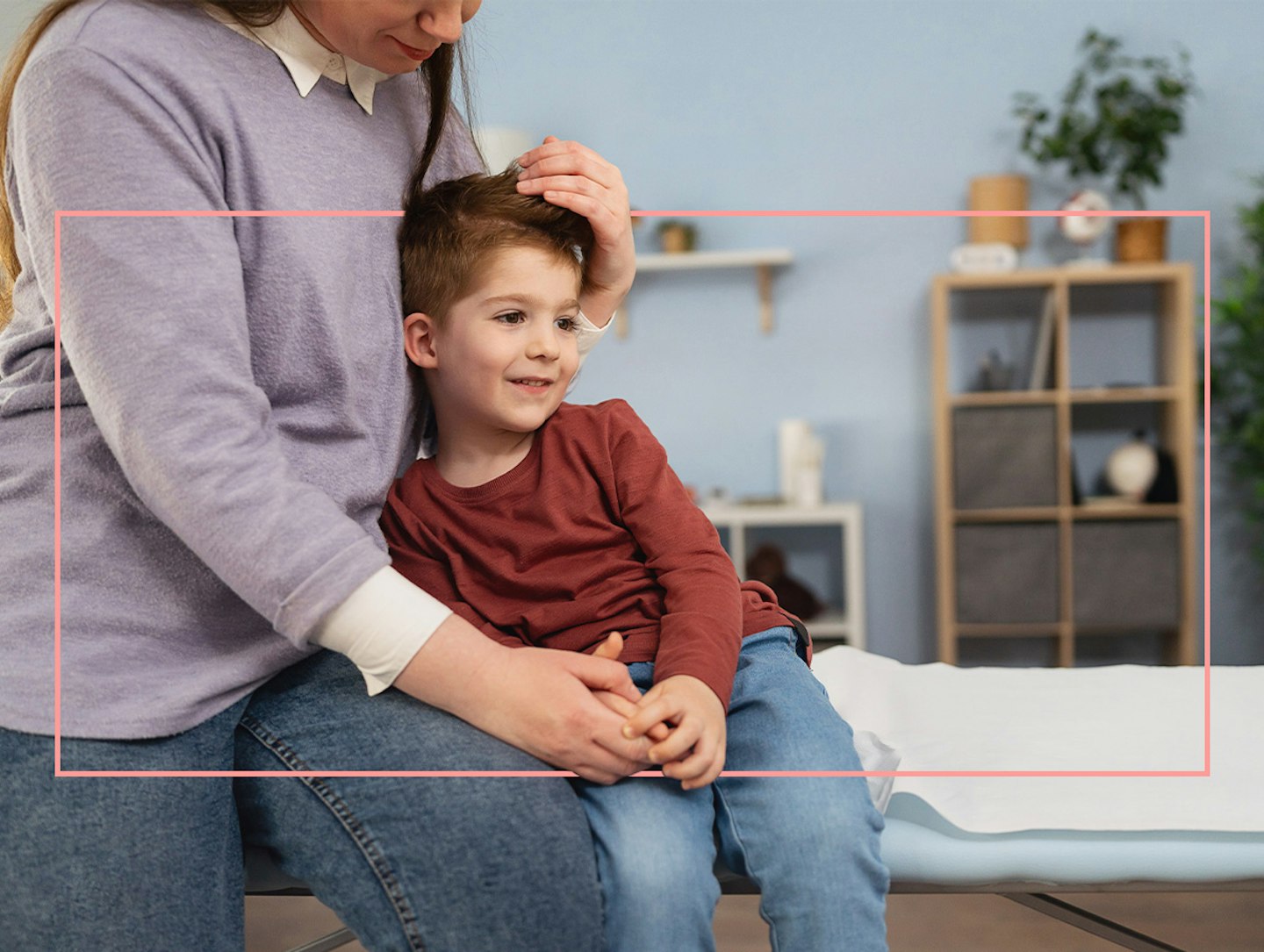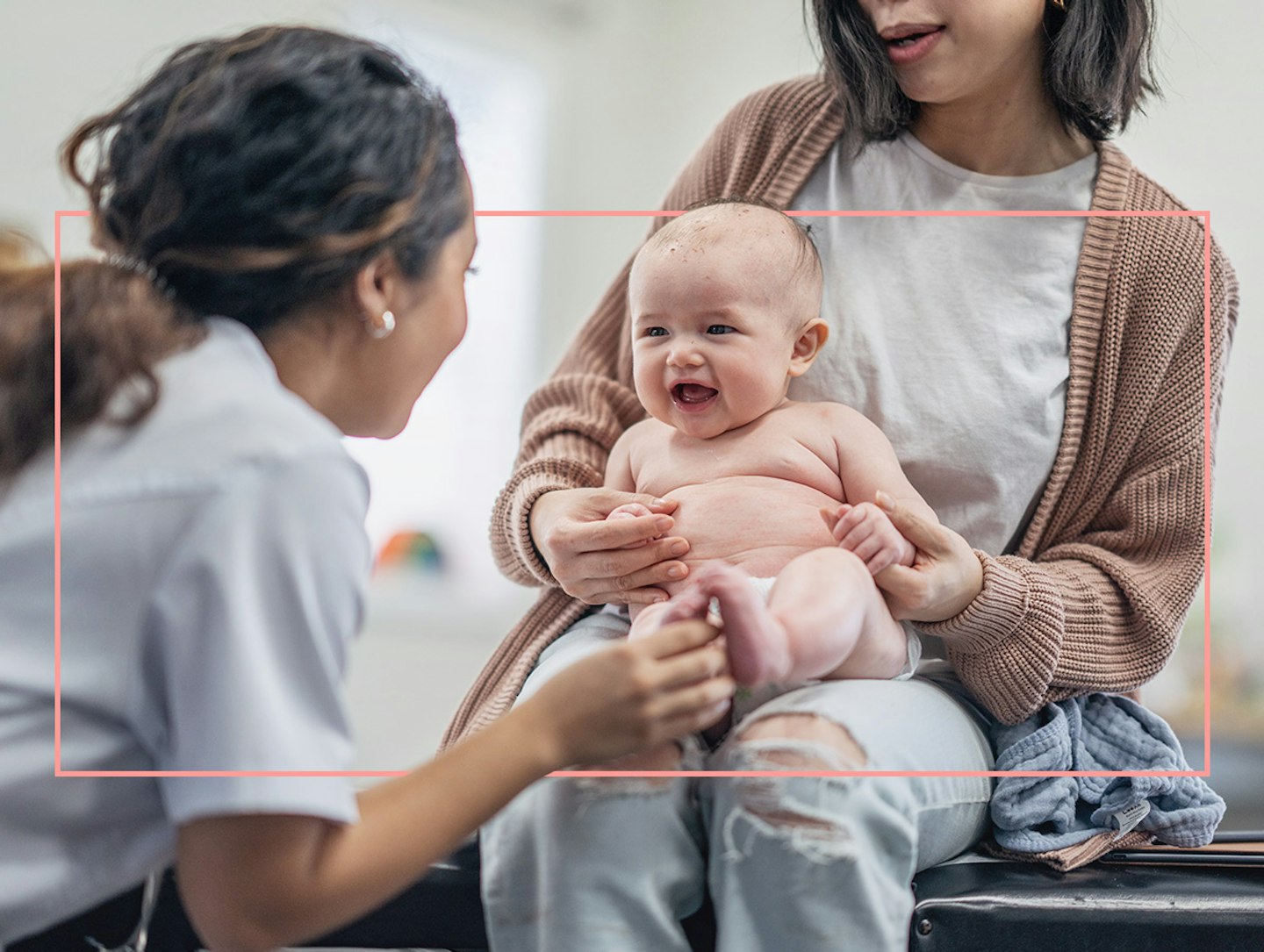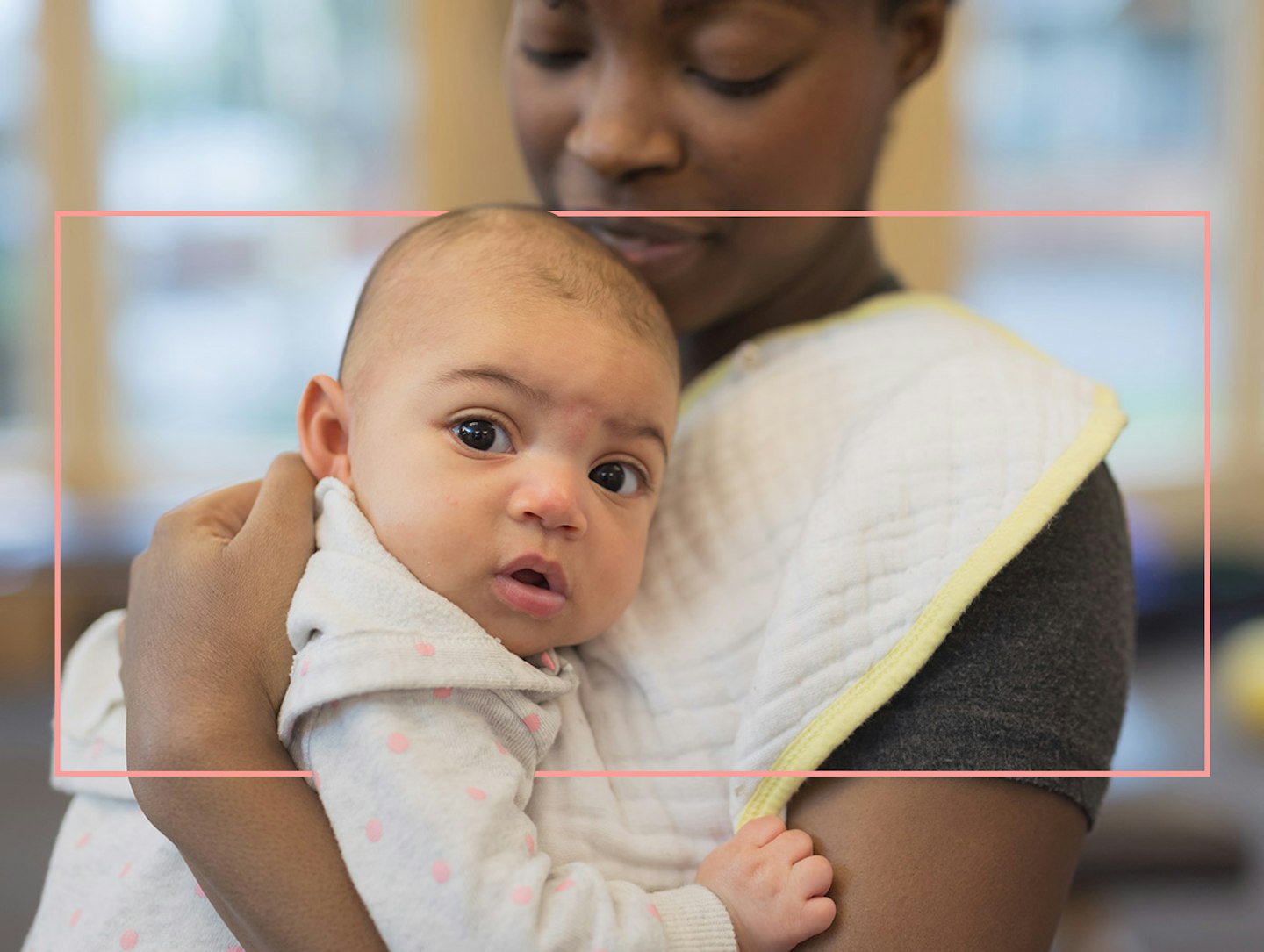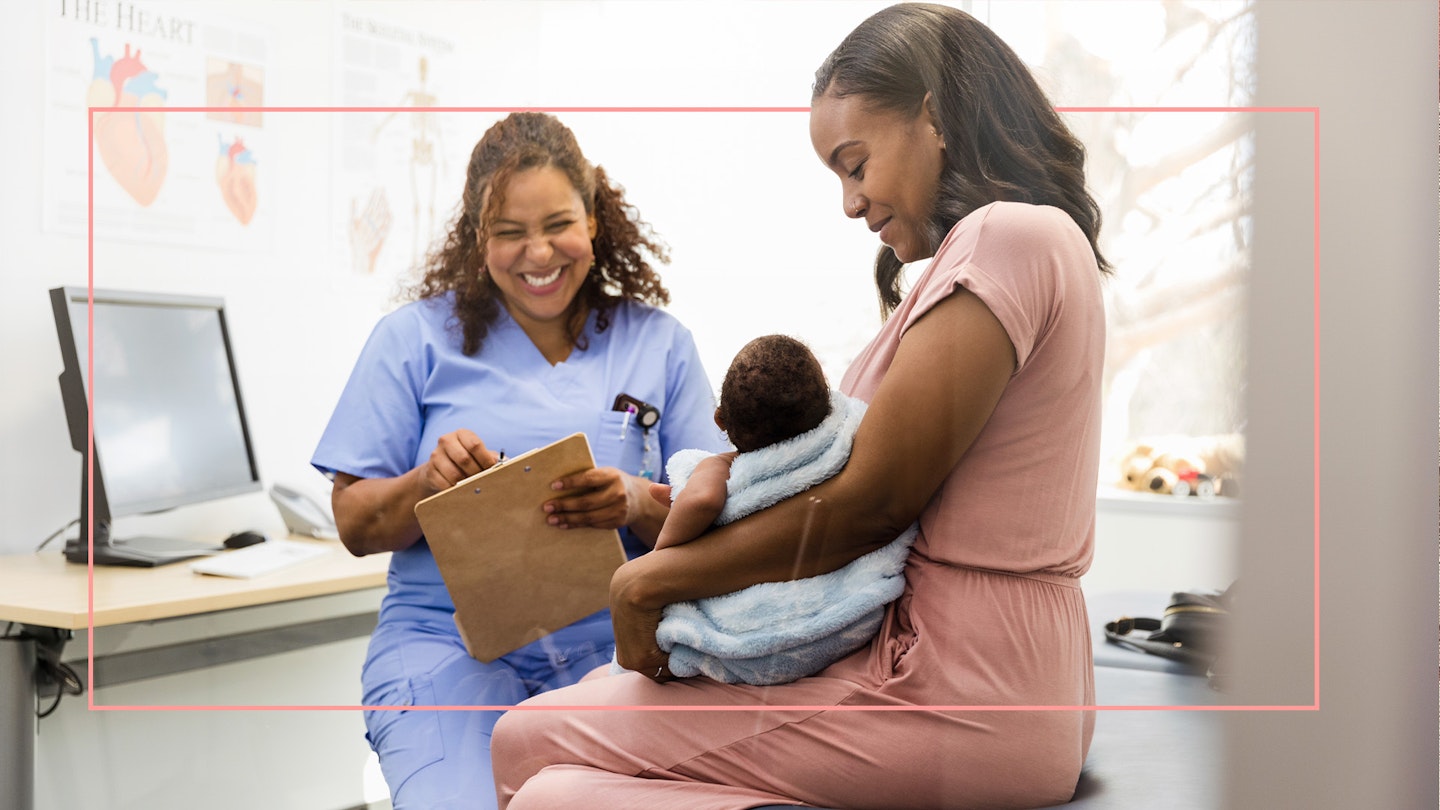2024 has seen the highest number of whooping cough cases in England since 2012. A low vaccination uptake in some areas of England has led to a marked increase in the number of cases of whooping cough and other childhood illnesses like measles. These diseases are easily spread and can be very serious for some children, which is why it is incredibly important to make sure we get our children vaccinated and help protect them.
What is whooping cough?

Whooping cough is a highly contagious bacterial infection that mainly affects the lungs and airways. Also known as pertussis, the first signs of infection are similar to those of a cold, such as a runny nose and sore throat but, after about a week, the infection can develop into coughing bouts that last for a few minutes and are typically worse at night. These coughing fits can cause some children to make a distinctive "whooping" sound as they gasp for breath between coughs; this is how the disease got its name. Whooping cough can last for up to 10 weeks. It is sometimes known as the 100-day cough because of how long it often takes to recover from it. Whooping cough can make children feel very poorly, and it can be very serious, especially for young babies.
Young babies (under 3 months of age) are at the highest risk of severe disease and too young to be fully vaccinated. Very sadly, a small number of infants have died after contracting whooping cough in England this year (2024).
When should children be vaccinated?

Vaccination is the key to protecting our children and babies against whooping cough, especially those under 5, as babies and young children are at greater risk.
All babies receive three doses of the 6-in-1 jab at 8, 12, and 16 weeks of age to protect against whooping cough and other serious diseases such as diphtheria and polio, followed by a pre-school booster offered at 3 years and 4 months. This provides high levels of protection against severe disease. Not only do childhood vaccinations give children the best protection, but they also prevent over 5,000 deaths and over 100,000 hospital admissions each year in England.
Pregnant women are also able to get the whooping cough vaccine between 20 and 32 weeks of pregnancy. This allows the protection to pass to their unborn baby in the womb, so that their baby is protected from birth in their first months of life (before they can receive their own vaccines at 8 weeks of age).
What if my child misses a vaccination?

For the best protection, it is important that vaccines are given on time but, if your child has missed a vaccine or you’re not sure if they’ve had all their routine vaccinations, you can check their personal health record (red book) or contact your GP practice to book an appointment to catch-up. It is also reassuring to know that all childhood vaccinations offered by the NHS have been used on millions of children worldwide and have an excellent safety record.
How to get the vaccine
Vaccines are a safe and effective way to protect against childhood diseases like whooping cough. If your child isn’t vaccinated, they’re not protected.
Book with your GP practice or find out more about routine childhood vaccinations here www.nhs.uk/conditions/vaccinations
